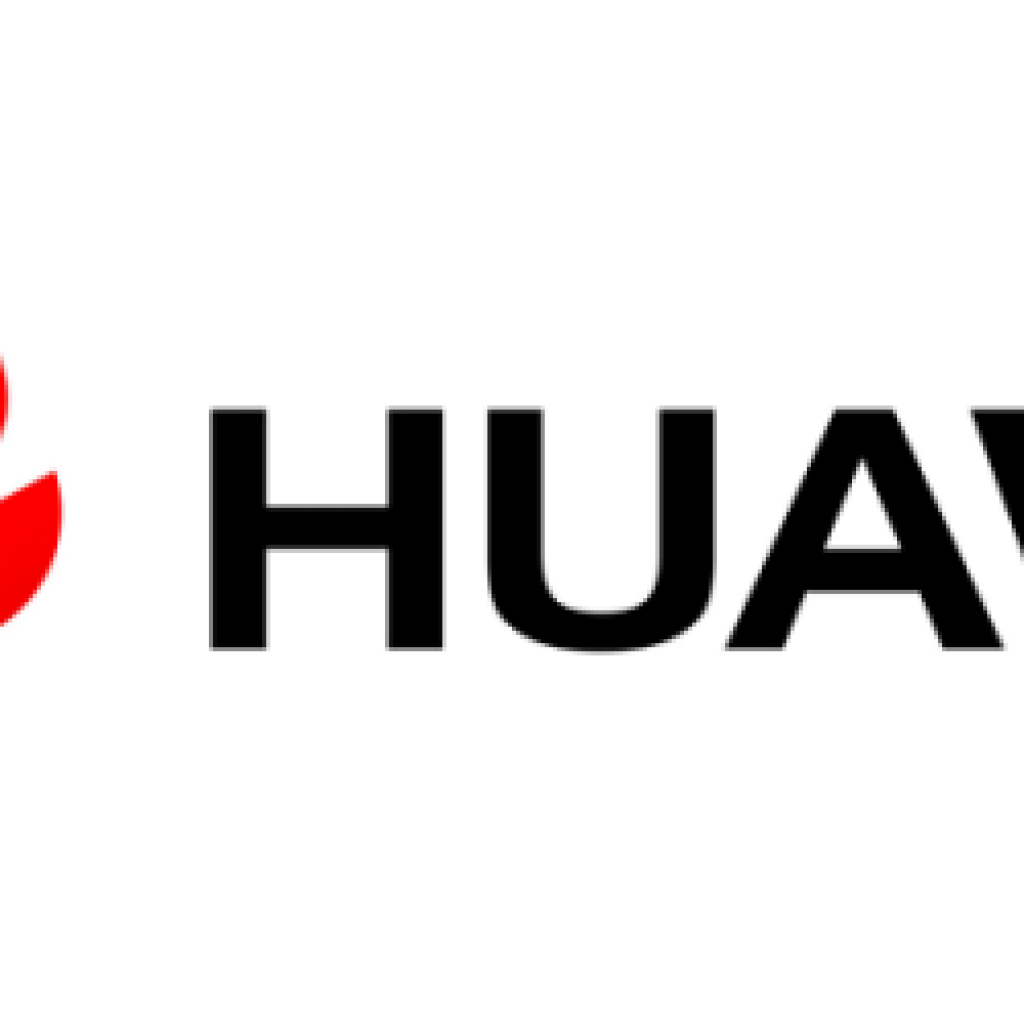(Huawei) In this era of quantum hegemony, there are a number of things we need to achieve to drive the development of quantum computers, including tailoring quantum operating systems, quantum algorithms, quantum software, and a complex set of systems engineering for quasi-quantum computers.
Before we have mature quantum computing hardware systems, we need to carry out quantum software and algorithm research based on quantum computing simulators. Huawei has achieved initial success in this with the HiQ cloud service platform for quantum computing simulators.
Released at HUAWEI CONNECT 2018, the HiQ cloud service platform includes a quantum computing simulator and a quantum programming framework developed on the simulator. Based on Huawei Cloud’s powerful computing infrastructure, HiQ is equipped with a distributed architecture and an algorithmic optimizer to overcome challenges of memory capacity and network broadband latency faced by full-amplitude simulators.
HiQ provides a cloud service with full-amplitude simulation and single-amplitude simulation for external customers. The HiQ platform can simulate quantum circuits with 42 qubits for full-amplitude simulations, and 81 qubits for single amplitudes. For low-depth single-amplitude circuits, it can simulate 169 qubits (20 layers) – the solution is the industry’s leading cloud service for quantum circuit simulation.
Years ago we were already calling quantum computing a potentially disruptive future computing technology. If we can achieve exponential acceleration, quantum computers will be able to complete in minutes or seconds computing tasks that would take classical computers tens of thousands of years. Although quantum computing involves complex system engineering and faces many technical challenges in terms of hardware, software, algorithms, and systems, based on the rapid development in quantum computing in recent years, we predict that it will lead to a new revolution in multiple fields.
Huawei continues to monitor the latest developments in quantum computer hardware, and participates in exploratory research where it can contribute its R&D strength to help make the quantum computer a reality as soon as possible.
Quantum computation is a revolutionary technology that’s different from classical computing. Above all, it’s a future-oriented core technology for cloud computing. Quantum algorithms provide a new perspective on AI algorithms, inspiring better classical AI algorithms and offering faster computing capability. The launch of the HiQ cloud service platform marks a key step in research and innovation in quantum computing.
In the future, Huawei will continue to research and invest in the field. Huawei upholds the ideals of openness and cooperation, and so the HiQ quantum computing simulator cloud service will be fully open to the public. Developers, researchers, teachers and students of higher education institutions, will be invited to engage in joint innovation, which will promote academic breakthroughs and accelerate the industrialization of quantum computing.
Huawei’s HiQ Cloud Service Platform Includes a Quantum Computing Simulator & Quantum Programming Framework
